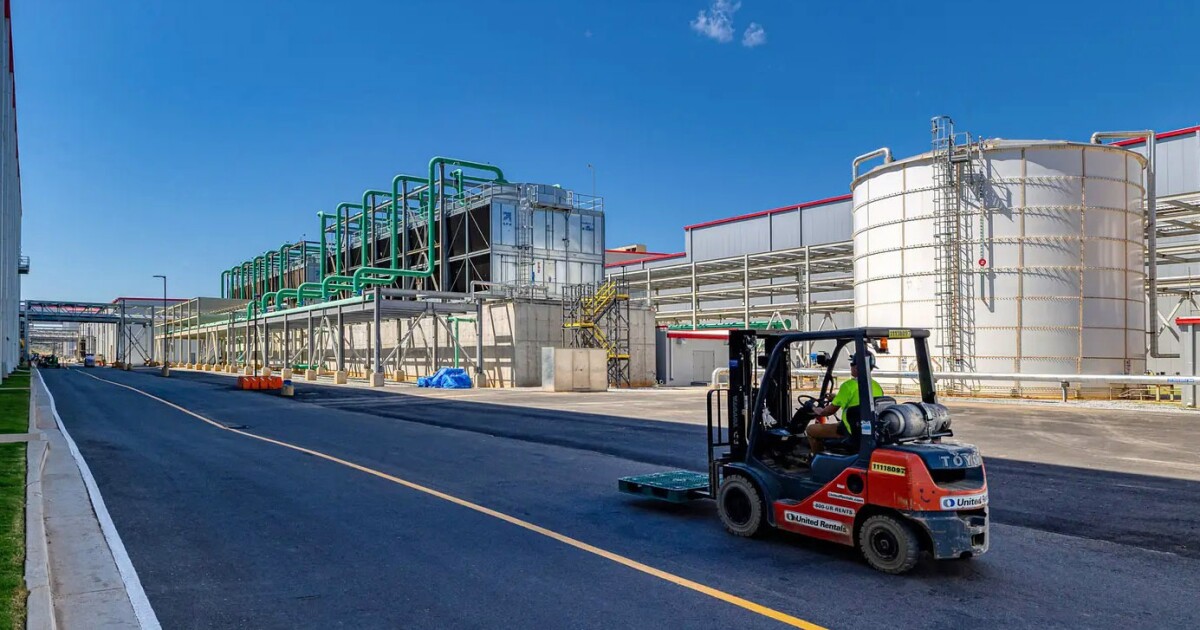Georgia battery plant hit as electric vehicle industry cools
2 min read

SK Battery America, a subsidiary of South Korean firm SK On, one of the world’s largest battery makers, is scaling back production on several fronts in response to a changing market for the vehicles.
As an EV market of hiring 2,600 workers by the end of 2022, with hundreds more expected this year.
Georgia has made great pains to cultivate its EV industry, and today hosts several large-scale battery, vehicle, and other production facilitates, often developed with government incentives.
Cox Automotive reported that while year-over-year third quarter EV sales were up more than 49%, totaling over 300,000 and on track to surpass an annual total of 1 million for the first time, EV transaction prices across the same period widely fell amid stiffened competition that’s shifting marketplace dynamics, costs, and potential profits. EV sales leader Tesla cut prices roughly 25% in the timeframe.
“Most analysts expect a flood of new EVs in the coming three years, with the number of available EV products likely to double by 2027,” Cox said.
SK, is developing several facilities in joint ventures, and said it will reevaluate some of them, including a planned multi-billion-dollar battery plant in Kentucky with Ford Motor Co. Its development was supported by a multi-million dollar incentive package from the state and meant to support Ford’s rollout of electric vehicles and the project could face delays.
Ford itself isreevaluating the joint project while pausing or “slowing down” several other major EV investments of its own, including plants currently under construction in Tennessee and Michigan, officials said during the company’s third-quarter earnings call.
While the company would remain “bullish on its EV wing” the market was “a moving target,” said Ford CFO John Lawler.
“There’s a lot that’s going to change between now and 2026 and 2030 and we’re going to adjust appropriately,” Lawler said.
“So it’s something that’s going to adjust as we move and how that business develops,” he continued. “We’ll adjust that capital allocation appropriately and we’ll change our strategy and make different decisions as well.”







